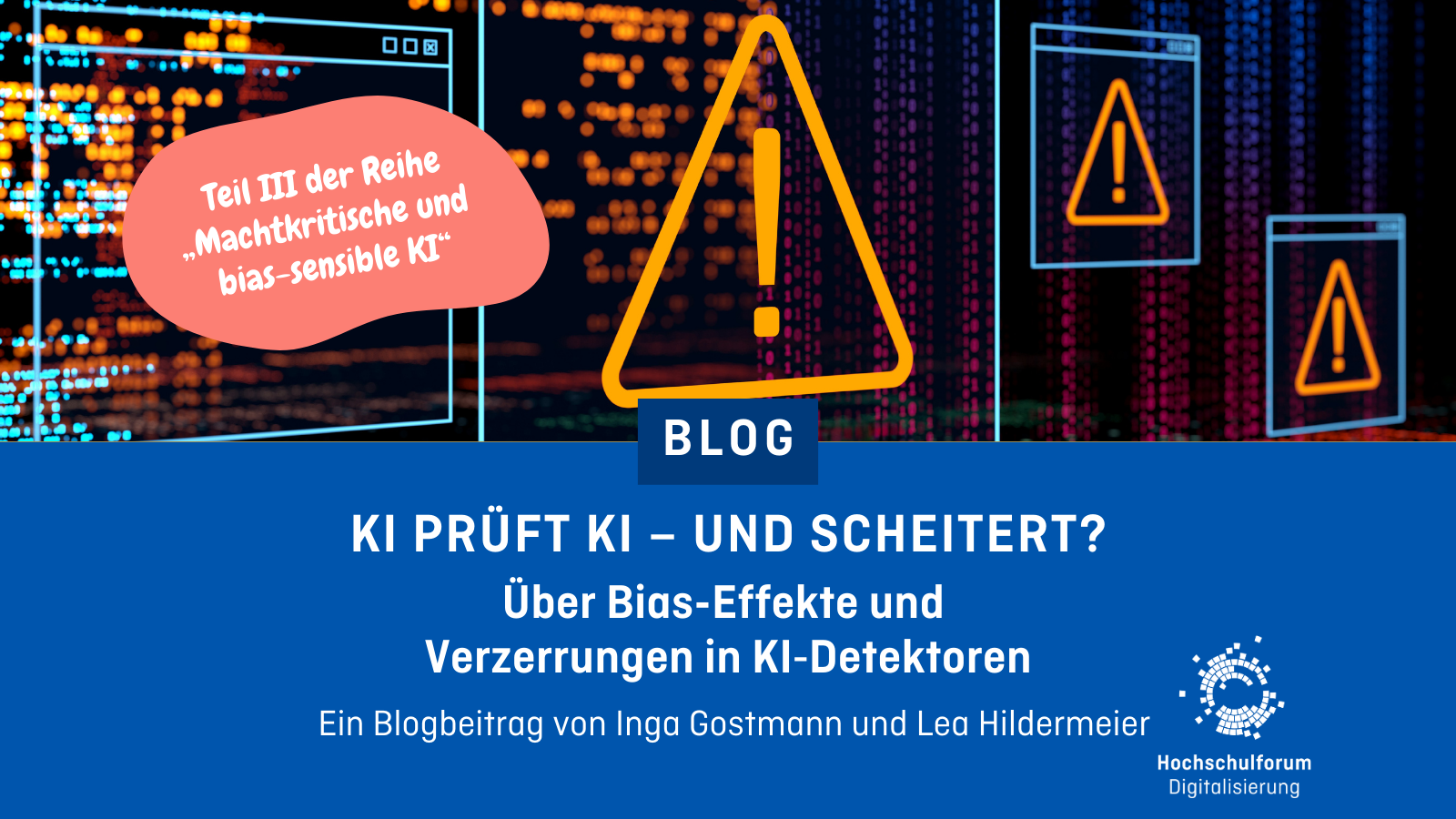Why Germany’s higher education system needs a digitalization strategy
Why Germany’s higher education system needs a digitalization strategy
03.05.16
 Philipp Höllermann was one of experts who took part in an official visit to several higher education institutions in Southeast Asia, organised by Hochschulforum Digitalisierung (HFD). In this blog post, he shares his insights on what Souteast Asia might teach us regarding the digitisation of higher education institutions in Germany.
Philipp Höllermann was one of experts who took part in an official visit to several higher education institutions in Southeast Asia, organised by Hochschulforum Digitalisierung (HFD). In this blog post, he shares his insights on what Souteast Asia might teach us regarding the digitisation of higher education institutions in Germany.
It’s a funny thing with the digitalization of German higher education: There’s a lot of talking about it, there’s quite a number of initiatives, and there are even some large-scale research projects with public funding. Mostly, however, activities comprise of pilot projects on an individual level (so from lecturers, chairs or departments) and are neither integrated solutions within an e-learning ecosystem nor part of overarching teaching or research strategies. Also, a lot of initiatives vanish once funding runs out or initiators leave the organization.
It is certainly true that some universities have developed digital agendas over the last years. Some institutions have even excelled in this field and set very good examples for other organizations to follow (be it the University of Duisburg-Essen, the TU Munich or Paderborn University). These universities, however, are in a minority and a substantially larger number of institutions seems to struggle with developing digitalization strategies and to define how and for what purpose to embrace e-learning.
Asia as an example for Germany
One aspect I found particularly impressive during my recent trip to Malaysia, Singapore and Hong Kong is how different the situation looks like in these countries. I can’t remember a single institution that didn’t have a clear and distinct digitalization (or “technology-enhanced learning”) strategy, be it developed by the institution itself or adapted from a national agenda. Most of all, every high ranking university representative I met made absolutely clear that enhancing teaching and research through technology was a top priority, supported with substantial funding and strongly promoted at all institutional levels. Every leader but one… who turned out to be a German professor. Ouch.
All of the countries also shared a certain top-down approach in strategy development. And while not all countries were as strict in their hierarchical structures and political directives as Malaysia, bottom-up approaches were – though existent – never the driving force behind the digital higher education revolution. From a policy perspective, Hong Kong for example, doesn’t directly interfere with university structures or dictates what lecturers should do. By defining overarching political agendas, giving guidelines and implementing educational reforms and – most of all – establishing financial incentives, however, “ Hong Kong Special Administrative Region of the People’s Republic of China“ managed to promote technologically enhanced learning at all levels. The same is true for Singapore. Leaving this important field to lecturers or departments alone was unthinkable.
Germany is dominated by bottom-up approaches
Germany, quite contrary, not only lacks a digital higher education agenda, working on such a national strategy meets strong opposition. The idea that the government, particularly on a national level, should define standards for teaching or research is rejected by professors, universities and influential political actors (namely the “Bundesländer”) alike. Instead, critics keep calling for “bottom-up approaches” and repeatedly issue that free teaching and research are protected by the constitution.
While I know that this constitutional right was established for a very good reason (namely because of the worrying role of higher education in the Third Reich), I find it somewhat hard to understand how this paragraph is used as a tool to reject a technological shift that has already changed our society.
Digitalization is not a democratic process, it happens whether we like it or not and while we can (hopefully) influence it, we can’t opt out of this development (at least not if we want to play a vital role in our society). And while I can easily accept that a grand-grandmother aged 90 wouldn’t want to learn all these new tricks (mine got an iPad with 85, by the way, and loves it), I can’t accept that a 50 or 60 years old highly-qualified and influential professional would ask for the same rights.
Don’t get me wrong: I know a lot of professors (and university leaders) that do an amazing job in adapting e-learning, in developing or support online learning initiatives and in driving the development of new technologies forward. I unanimously salute them and love the enthusiasm and passion with which they do their part. Still, they can’t transform our universities alone nor is it their task to break down resistance.
We need a national HE digitalization strategy
From my perspective, the digitalization of higher education is not a “bottom-up” issue. It requires strategies from either the universities or – if these are unable to develop appropriate agendas – from the political level. It needs adequate and stable funding. Finally, it needs guidelines, tools, communities of practice and expert services to support professors and lecturers in improving learning and research at our universities.
Existing initiatives like the National Expert Forum on the Digital Future of Higher Education (HFD) or the digitalization initiative of the Standing Conference of the Ministers of Education and Cultural Affairs of the Länder (KMK) can only be the first step towards a national higher education digitalization strategy.
Having such a framework in the end, however, will be an essential accomplishment for our educational system. It will enable us improve access to higher education, to create more efficient and flexible administrative structures, to improve transparency and may even result in better learning outcomes (be it through learning analytics, adaptive learning scenarios or improved continuous testing).
Let’s get started.
Image: Capture 99: Lighthouse staircase – Ré island, France, CC BY-NC 2.0 via flickr.com


 Kim Althoff
Kim Althoff 
 Theresa Sommer
Theresa Sommer 
 Inga Gostmann
Inga Gostmann 